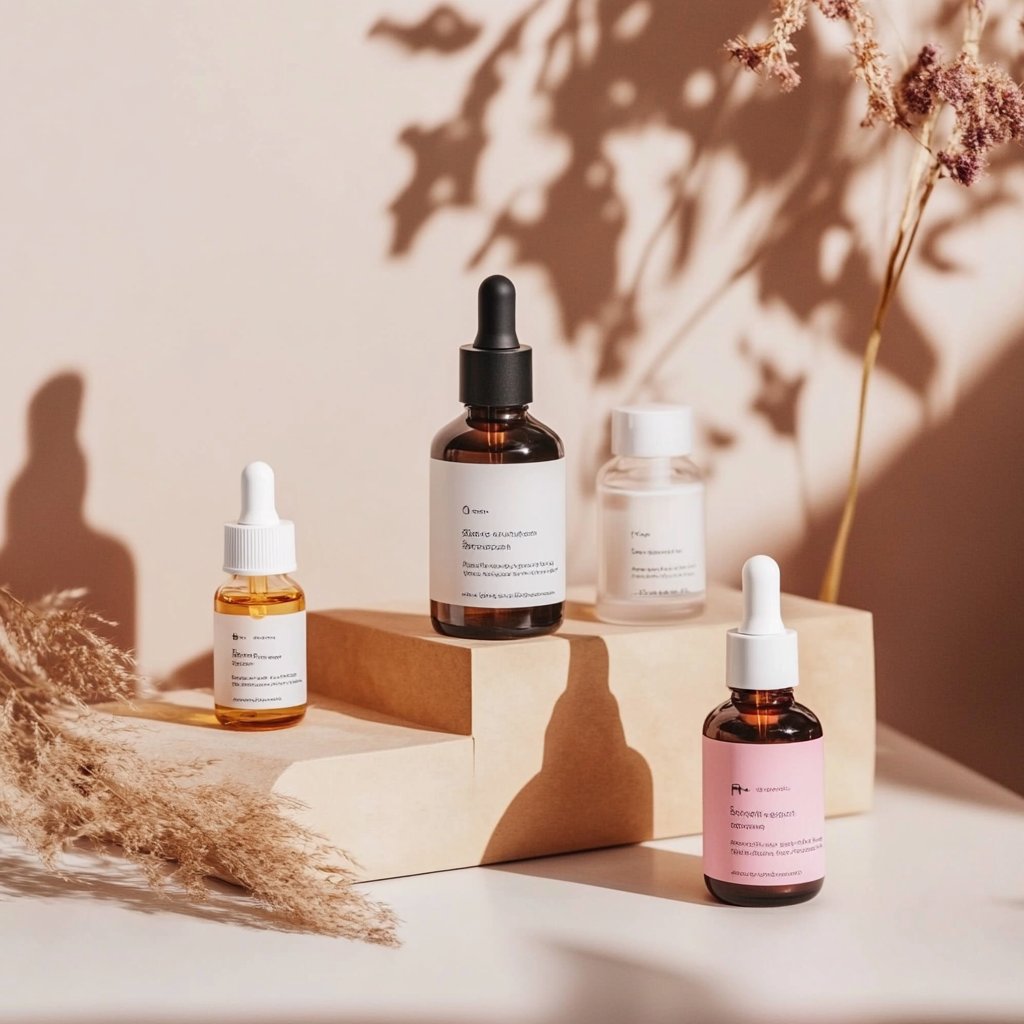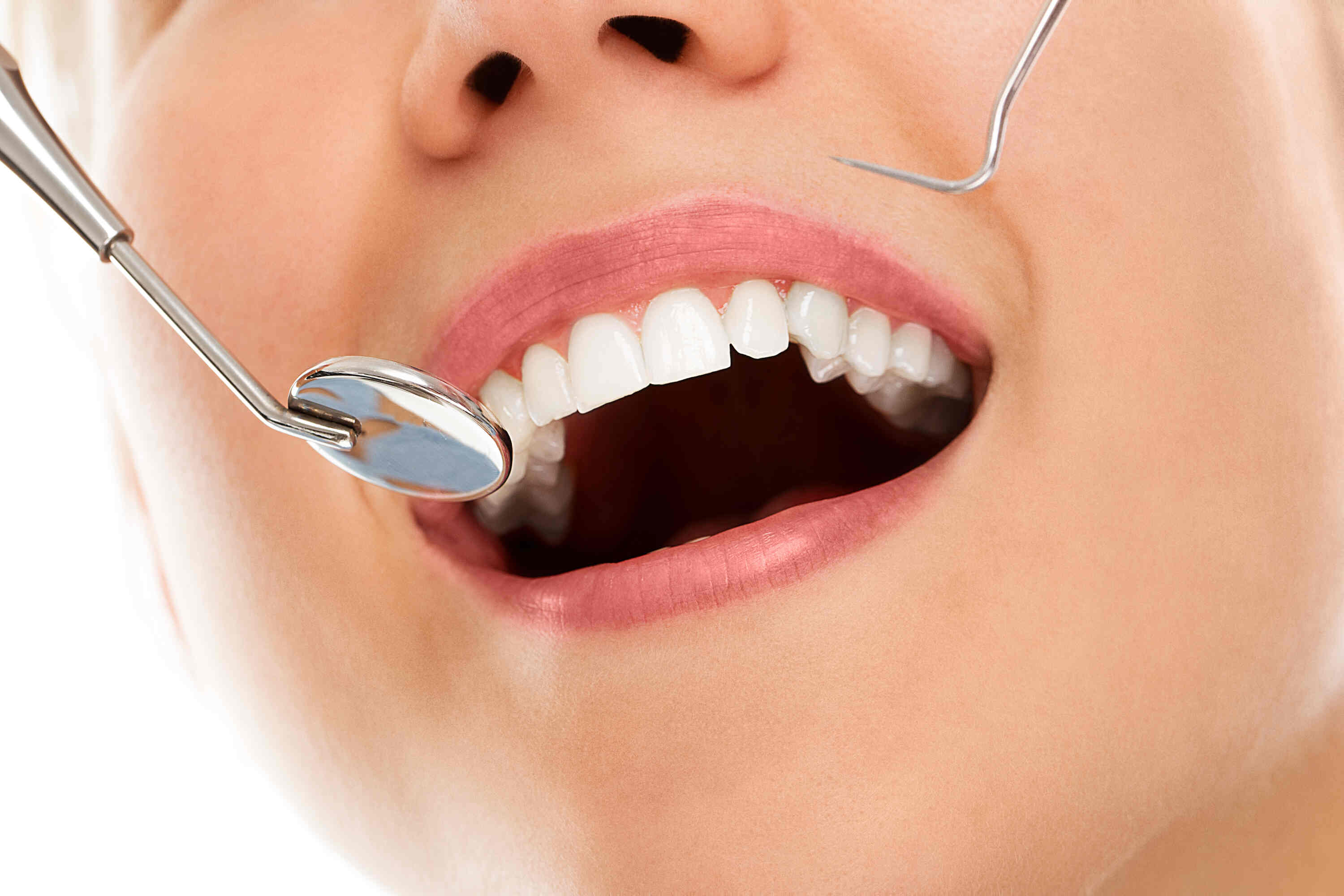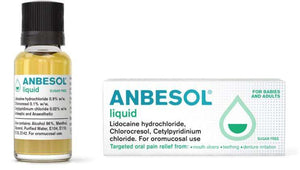How to treat herpes on the tongue

Related products
What’s covered?
Herpes simplex virus or HSV is a common virus that produces painful blisters and ulcers. The herpes simplex virus type has two varieties which are herpes simplex 1 or HSV-1 and herpes simplex 2 known as HSV-2. Herpes on the tongue is unpleasant and makes eating and drinking difficult. However, treatments are available to minimise discomfort.
Common symptoms
The most visible sign of a cold sore is a blister. People who have a recent HSV infection or first outbreak may also encounter other indications. Among these signs are:
- Fever
- Fatigue
- Body or muscle aches
- A headache
- Sore throat
- Swollen lymph nodes
- Nausea
Causes
Herpes viruses can be contracted on the tongue, as well as within the mouth and the lips. The herpes virus is propagated by physical touch. You can contract the virus by being exposed to an ulcer, saliva, or other bodily fluids as the virus reproduces. There are various common forms in which humans become infected with such herpes virus:
1. Engaging in oral sex
You can develop herpes on your tongue during unprotected oral intercourse if your partner has active oral herpes sores.
2. Kissing
Herpes can be transmitted from one person to another through kissing. This is because herpes ulcers and cold sores can be easily spread with contact with another person, especially in the area of the mouth. Even if they do not have sores, some persons can spread the virus present in their saliva.
3. Sharing personal items
The herpes virus can be found in saliva. You can get the virus if you share items that have come into touch with someone's saliva. Lipstick, Chapstick, cutlery, shaving equipment, and toothbrushes are common culprits.

How long do they last?
Cold sore symptoms usually do not last longer than 2-6 weeks. Certain factors can have an impact on how soon a cold sore heals. Eating hot or acidic meals, for example, can irritate a ruptured cold sore and impede the healing process. People with a compromised immune system may experience slower-healing cold sores or more severe or frequent outbreaks. Although herpes outbreaks are generally temporary, HSV viral infections can last a lifetime.
When to see a doctor
Consult a doctor if you experience any of the following symptoms in addition to herpes-like blisters or red sores in your mouth:
- Soreness or discomfort in your mouth or tongue that worsens over time, particularly after a week or more
- Flu-like symptoms, such as exhaustion or fever
- Abnormally muddy or discoloured discharge from your genitals
Different stages of Herpes
Herpes can stay in the body until activated by a fever blisters rupture, emotional stress, exhaustion, an accident or surgery, menstruation, or prolonged exposure to sunlight. Once activated, you may go through the following herpes stages, which can last two to three weeks: Herpes on the tongue has multiple ways to determine the stage. The appearance is used to check the stage you are in:
1. In the initial infection phase, affected areas of your tongue appear redder. However, they are not necessarily painful.
2. These red spots evolve into severe tongue sores within a few days. Sores can appear anywhere on your tongue, including beneath it, however, most people will not get bumps or blisters on their tongues.
3. The lesions then turn white, grow larger, and develop into painful ulcers. Ulcers on the roof of the mouth and the insides of your cheeks are also possible.
4. The crusting over these ulcers indicates that they are healing. This could take anywhere from 4 to 6 days. Typically, ulcers do not scar as they heal. Once the ulcers have healed, your tongue should return to normal.
Testing and Diagnosis
A healthcare provider may usually diagnose tongue herpes simply by looking at it. It is not always obvious whether a sore on the tongue is caused by herpes. People frequently confuse herpes with a canker sore. In such circumstances, your doctor may order additional tests to ensure that the tongue sore is caused by herpes. They may take a sample from your tongue ulcer and test it for treating herpes. A blood test may also be necessary to determine if you have antibodies to the herpes virus.
We suggest you take a look at our Herpes Simplex 1 and 2 Blood Test which uses a simple finger prick method to verify if the disease is positive or negative.
How to treat herpes on the tongue?
Tongue herpes will go on its own after 7 to 10 days. However, the ulcers and sores are uncomfortable and make eating and drinking difficult. Avoid dehydration if the discomfort is severe enough to interfere with eating and drinking. Cold sores frequently heal on their own without the need for medical treatment. However, taking antiviral medicine within 24 hours of symptom onset may help lessen the severity of signs and prevent further HSV spread.
People with compromised immune systems and those who get cold sores frequently may receive support from antiviral medication. Some evidence suggests that acyclovir-containing over-the-counter (OTC) topical lotions, gels, and ointments may help cold sores heal faster. These topical therapies, however, are intended for external usage and may not be appropriate for cold sores on the tongue or elsewhere inside the mouth. While a cold sore heals, over-the-counter pain medications can help reduce inflammation and relieve pain.
If you have cold sores on your tongue, you should try the following home remedies:
- Using warm salt water to gargle
- Mouthwash gargling for better oral health
- Refrain from utilizing tobacco products
- Avoid spicy or salty foods and foods that are acidic
- Abstaining from alcohol
- Use a straw to drink enough fluids.
- Drink a little amount of cold water throughout the day.
- Food or healthy beverages, such as smoothies, may be on the menu until healing happens.
We understand the agony, inconvenience, and shame that herpes outbreaks can bring when it develops. However, by giving yourself some gentle loving care, you will have the willpower to ride it out until the healing process begins. You now have the knowledge to be mindful of causes or early signs so you can seek medical care as soon as possible to limit the effects of this viral infection and live your life to the maximum. Antiviral medicines and pain relievers are among the best treatment choices.
Antiviral medications
Antiviral drugs are used to combat the herpes virus. They can only be purchased if prescribed by your doctor. Antiviral drugs have been shown in studies to reduce discomfort and quicken healing time. These drugs perform best when taken early in the morning. So, if you suspect you have herpes on the tongue, consult your doctor about starting antiviral treatment. Antiviral drugs commonly used to treat herpes in the mouth include:
- Acyclovir
- Valacyclovir (Valtrex)
- Famciclovir
Pain-reducing medications
Pain relievers can help you feel more at ease as you wait for your antiviral treatments to take effect. Acetaminophen (Tylenol) and ibuprofen (Advil) are both over-the-counter medications that provide good pain relief. Cold beverages, ice chips, or popsicles might also ease the pain.
OTC topical medications are available as topical creams and gels. However, because they are intended for cold sores on the lips, you should not apply these on the inside of your mouth or tongue. Numbing drugs are also accessible with a prescription and over-the-counter. These can provide brief relief but are not always safe. Before utilizing numbing drugs, consult with a healthcare provider.

How do you prevent tongue herpes?
Taking precautions to avoid tongue herpes will save you a lot of misery in the long run. Here are some techniques to avoid getting infected with the herpes virus:
- Always use condoms when engaging in sexual activity.
- Avoid oral contact, anal, or genital intercourse during an outbreak, especially tongue herpes.
- Avoid sharing personal objects that have come into direct contact with both the mouth or saliva of the infected person.
- Do not kiss anybody who has a cold sore.
- Consistently wash your hands for at least 20 seconds at a time. If the virus is present on your hands, it cannot spread to other areas of your body or other individuals.
- If any garments, blankets, or sheets have come into touch with an infected area, wash them as quickly as possible in hot water.
- Share no goods that can come into contact with people's skin or lips, such as: lip products, makeup, towels, cups, eating utensils and clothes.
- Apply the antiviral medication to open, infected sores with a cotton swab to prevent the infection from spreading to your hands.
The bottom line
Herpes virus infections produce painful sores on the lips, within the mouth, and on the genitals. It can also induce tongue ulcers. Herpes on the tongue is extremely unpleasant and requires at least a week to resolve. The right Prescription medicine can aid in the healing of tongue herpes as well as genital herpes, but it works best if started early. Consult a doctor right away if you think you may have herpes on your tongue as they will be able to determine the best treatment for your specific needs.
Tongue herpes is generally not a reason to be concerned. Sores frequently heal on their own and only reappear during outbreaks. However, herpes can be easily shared through intimate contact, especially if you have an active illness. As a result, you must take steps to avoid spreading the virus to others. Taking the same steps can also help you avoid catching the infection in the first place.























 Rated Excellent by 26,523+ Reviews
Rated Excellent by 26,523+ Reviews